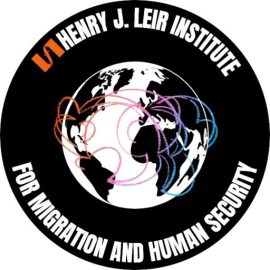Leir Migration Monitor: Pathways to Migrant Integration
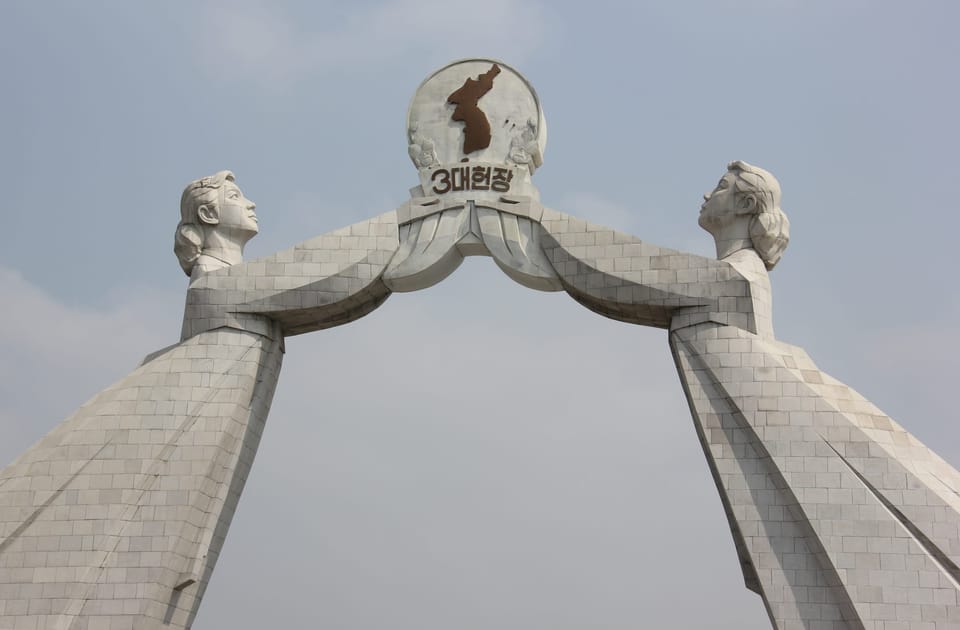
Migrant Integration and the Psychology of National Belonging
By Leir-affiliated faculty Aram Hur, Assistant Professor of Political Science, Kim Koo-Korea Foundation Professorship in Korean Studies, and Professor of Political Economy at the Fletcher School of Law & Diplomacy, Tufts University.
Earlier this year, North Korea officially dropped reunification with South Korea as an official policy goal. Kim Jong-un reportedly went as far as to remove any references of “peaceful reunification” or “great national unity” with South Korea from the Constitution.
Much of what North Korea says is symbolic rhetoric, but this bark might carry some real bite down the road. For many North Korean refugees in South Korea, belief in national unity is a key factor that leads to better political integration. In her recent research on migrant integration and the psychology of belonging, Professor Aram Hur finds that North Korean refugees who identify with South Koreans as co-nationals are more receptive to South Korea’s integration training and express stronger civic duty to vote and pay taxes—new responsibilities as a democratic citizen. Keeping national unity as a principle between the two Koreas is therefore an important ingredient to successful reunification, if and when it occurs. Of course, the principle of national unity is distinct from what people feel in practice. Many young South Koreans already express little to no attachment to co-nationality with the North. But abandoning national unity as a policy evaporates any potential to revive such feelings, and with it, narrows the possibility of a smoother and more peaceful reunification on the peninsula.
Financial Biographies Series: Immigrants from Ecuador, Maria Elena
By Dijja Tamen, Master of International Business (MIB) Candidate at the Fletcher School of Law & Diplomacy, Tufts University and Rosemary Ventura, MALD '22.
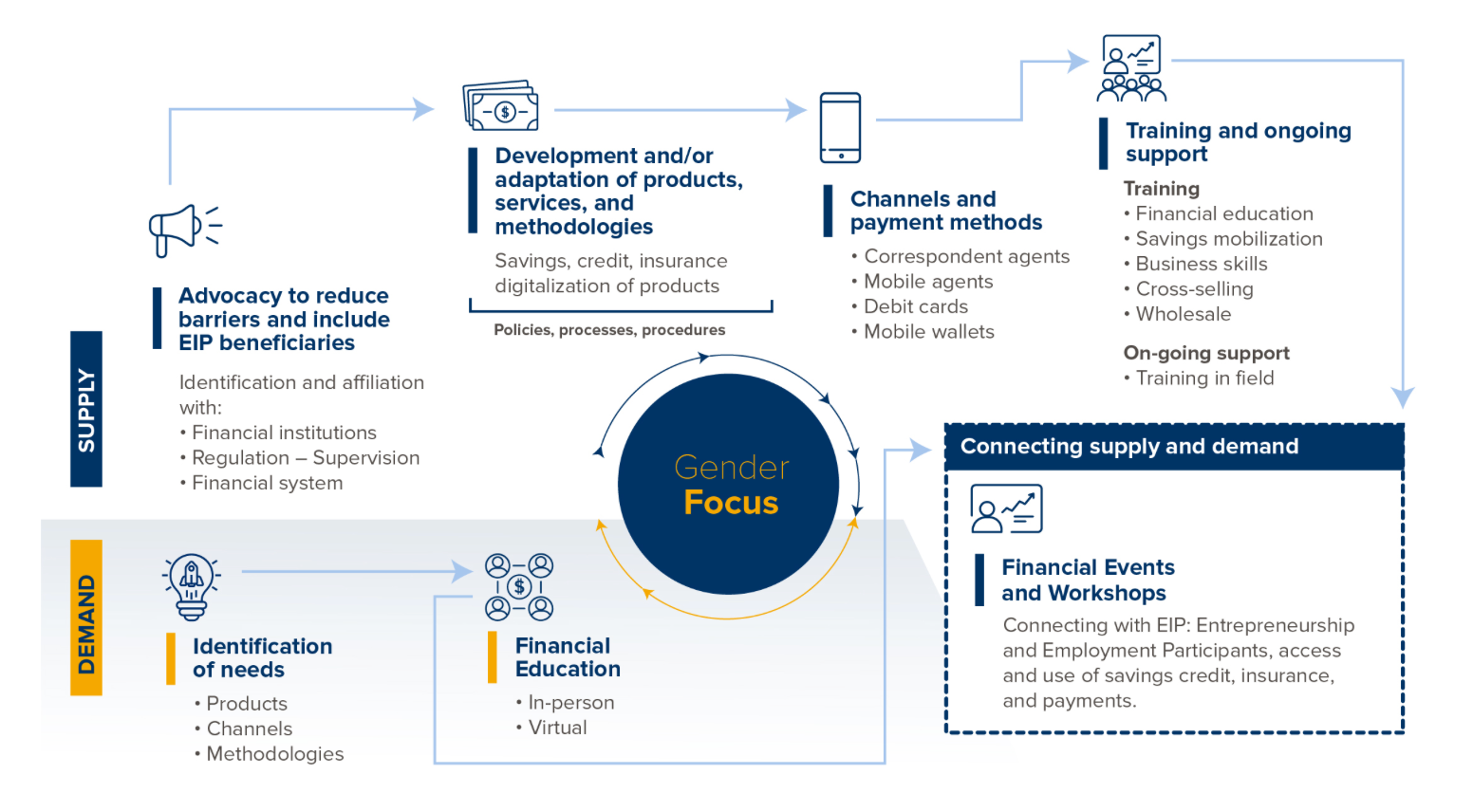
An often under-discussed barrier to migrant resettlement and integration is financial literacy and the ability to access credit. Often due to a lack of documentation, many migrants struggle to find work or access social services, and once overcoming this barrier, struggle to open bank accounts or receive loans to start businesses.
In this piece, we learn about these obstacles first hand from Maria Elena, a Venezuelan migrant who resettled in Ecuador. Despite being an economist with her own business in Venezuela, she initially struggled to access credit to start a business and support her family in Ecuador. However, thanks to organizations like the World Council of Credit Unions and Cooperativa Jardín Azuayo, Maria Elena and her husband received the capital, as well as support and education, that they needed to become successful entrepreneurs.
Maria Elena’s story of perseverance makes clear that, with a little bit of local support, migrant families are more than capable of building successful businesses in their new homes, to the benefit of themselves and their adopted communities.
Read more of Tamen and Ventura's Financial Biography piece here:
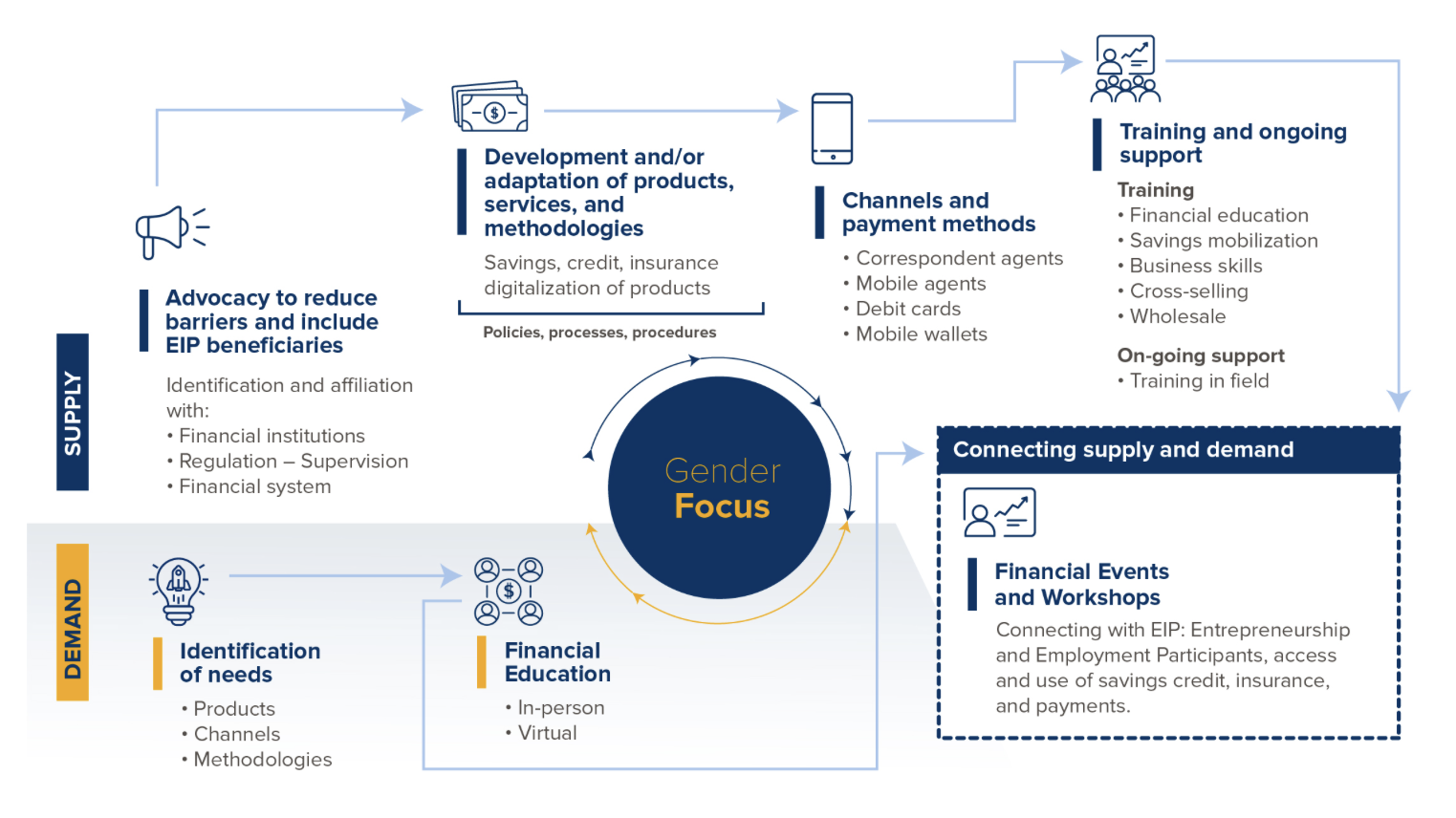
Social Barriers to Resettlement in Boston
By Jordan Feld & Colleen Leddie, with the help of Ahmad Kharooti
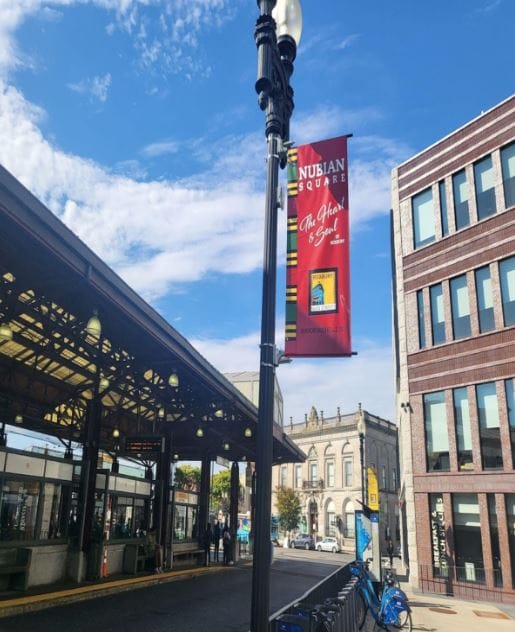
In this report from Leir's Refugees in Towns Project, Feld and Leddie draw from conversations with refugees, asylum seekers, humanitarian parolees, community leaders, social workers, and local government officials to paint a vivid picture of the lived experiences of East African and Afghan immigrants and refugees in Boston.
The uptick in humanitarian parolees arriving from Afghanistan since the 2021 U.S. military withdrawal from the country has only exacerbated pre-existing barriers to resettlement, most notably the lack of affordable housing in the Greater Boston area. But organizations like Feld and Leddie’s Somali Development Center (SDC) prove that the provision of social and cultural support to immigrant and refugee communities can help them overcome these existing barriers to resettlement, as exemplified by Boston’s well-established Somali diaspora.
As the SDC continues its work supporting East African and Afghan immigrants and refugees arriving in the Greater Boston area, they call on local and state governments to do more to fulfill resource and infrastructure needs, especially housing.
Read more about the report here:

Spotlight: Kudrat D. Kontilis (Chaudhary), F19

Kudrat D. Kontilis (Chaudhary) is an accomplished Gender Rights Specialist with over five years of experience working with immigrants. She is the Vice Chair of the San Francisco Immigrant Rights Commission, where she became the first South Asian to hold this position. Kudrat is also a Researcher with the Technical Assistance Team at the Center for Gender and Refugee Studies and has co-chaired Women’s March San Francisco, organizing multiple marches and rallies. She authored Laiza: Sometimes the End is Only a Beginning, focusing on human trafficking of women from Nepal to India post the 2015 Nepal Earthquake. Kudrat holds an LL.M in International Law from The Fletcher School, Tufts University, and is a trained mediator from the Australian Disputes Centre, Sydney.
I am working on: At the San Francisco Immigrant Rights Commission, I have been closely monitoring the significant delays at the San Francisco Asylum Office, which have left many asylum seekers waiting years for an interview. To address this, I’ve led several efforts, including drafting an inquiry letter that the Commission recently approved and we will be presenting it to the San Francisco Asylum Office representatives after our meeting with them. Beyond this, I have been representing the Commission on key issues affecting San Francisco residents, including language access, housing, and the impact of H1B visa layoffs. At the Center for Gender & Refugee Studies (CGRS), I’m currently working on projects focused on the persecution of religious minorities in Russia and the mistreatment of children in Nicaragua. I recently also co-authored an article with Professor Katrina Burgess on narrowing the gates to asylum, and am working on some more articles analysing immigration policy and its impact on our immigrant population both in the city and county of San Francisco and the U.S.
An insight I’ve discovered: Immigration Policy and its impact are ever changing which leads to rapidly evolving needs of the immigrant population especially in a Sanctuary city like San Francisco, so adaptability in strategy and an openness to learning both about community needs and departmental scope goes a long way. For example, a year ago we held a public hearing related to housing for LGBTQIA+ individuals in San Francisco and while we continue to work towards it, we are also focusing on issues that the newcomer immigrant population is facing in SF. For instance: we recently met with the representatives of the Ukrainian population that have immigrated to San Francisco after the most recent war and some of their major needs include the establishment of a cultural center along with entrepreneurship opportunities and mental health support from Ukrainian speaking individuals. These needs in contrast to the needs of the already established immigrant communities of San Francisco are unique and hence through collaboration and a push to innovative community serving solutions, we can achieve a lot.
I’m passionate about: I am deeply passionate about immigration policy and advocating for fair and just systems that impact our local immigrant communities. My work is driven by a commitment to reforming policies that impact refugees, asylum seekers, and marginalized groups and believe in the power of legal frameworks to create positive social change. I am dedicated to fostering equity through policy advocacy and my mission is to work towards inclusive governmental systems and policies that honor the dignity of all individuals crossing borders.

